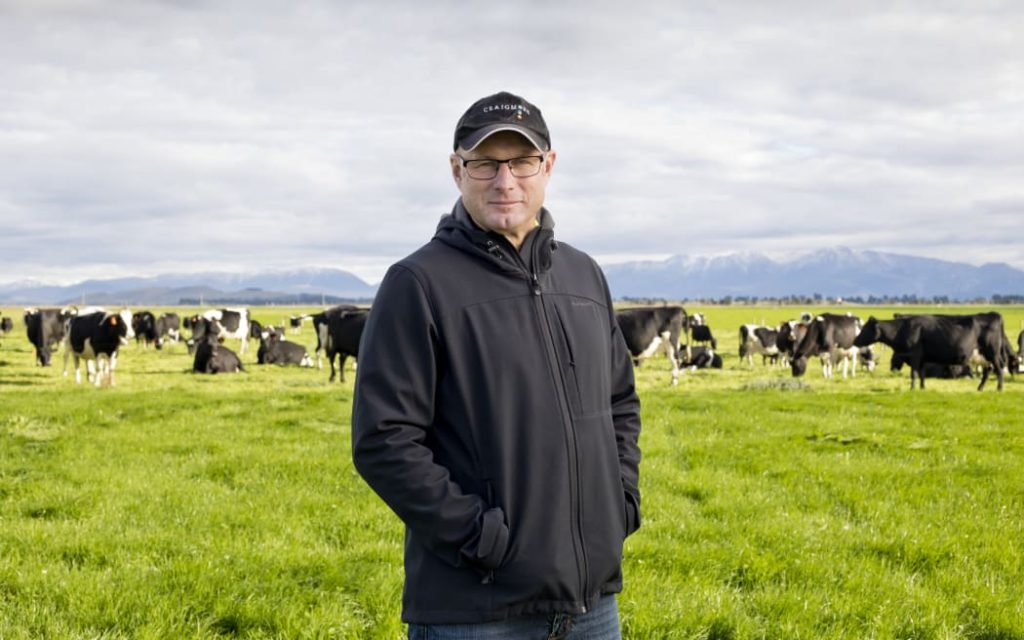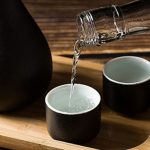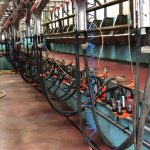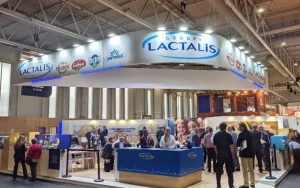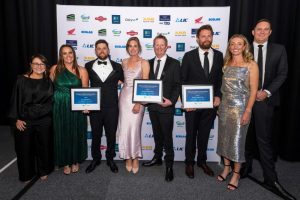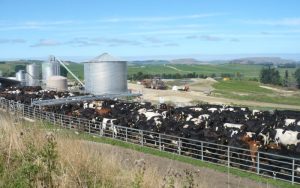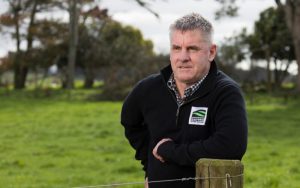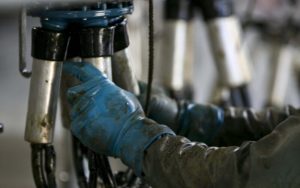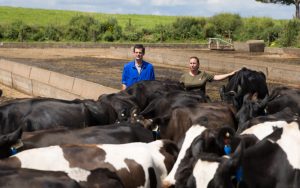
He is the general manager of Craigmore Sustainables, which manages more than 25,000 hectares of farming, forestry, and horticultural properties.
The company oversees a number of social, educational and environmental innovations including two scholarship programmes and devices for animal monitoring and methane reduction.
Taylor told RNZ’s Afternoons he has always been passionate about the future of the industry.
“It’s a really interesting space as different generations and technologies and techniques come together over the next ten years and if we lay that over with what’s expanding with AI and just how farmers will interact with that information… and working in synergy with that technology to really create a high performance farm based on what New Zealand’s great at – which is growing pasture.”
It was an exciting time for robot and drone-based technology use on farms, he said.
Work was being done to create cameras for dairy farms that will fly around a farm to measure the grass growth on a daily basis.
Another type of camera can be used to measure the nutrient and moisture content of different pastures.
“So you get this visual data from drones and also we’ve had ground-based robots out on farms already.
“They’re working on robots that identify weeds and specifically spray weeds and pasture, so that’s cutting down the risk for an individual to be exposed to spray and also being really accurate.”
Taylor had already started to trial future farm technologies.
He has been working with Lincoln University and Ravensdown which produces an eco pond system – an iron sulphate that is mixed with effluent as it goes from the cow shed into the holding pond.
“That stops methane being released from that effluent. That’s about 4 percent… per farm of our greenhouse gas equivalent effect.”
Kowbucha was a trial Craigmore Sustainables was doing with Fontera – a biostimulant that reduces methane from the animals for at least the first two years of it’s life – about 20 percent per animal.
“And then of course we’re looking a farm efficiently, being a better farmer also reduces your effects on greenhouse gases.”
New Zealand could have a competitive advantage to be the closest to net zero dairy in the world, he said.
“I still believe farming’s the greatest job, greatest industry in the world and what’s happening in New Zealand is really positive change as we listen to our customers around the world, adapt to what they need…”
You can now read the most important #news on #eDairyNews #Whatsapp channels!!!
🇺🇸 eDairy News INGLÊS: https://whatsapp.com/channel/0029VaKsjzGDTkJyIN6hcP1K
